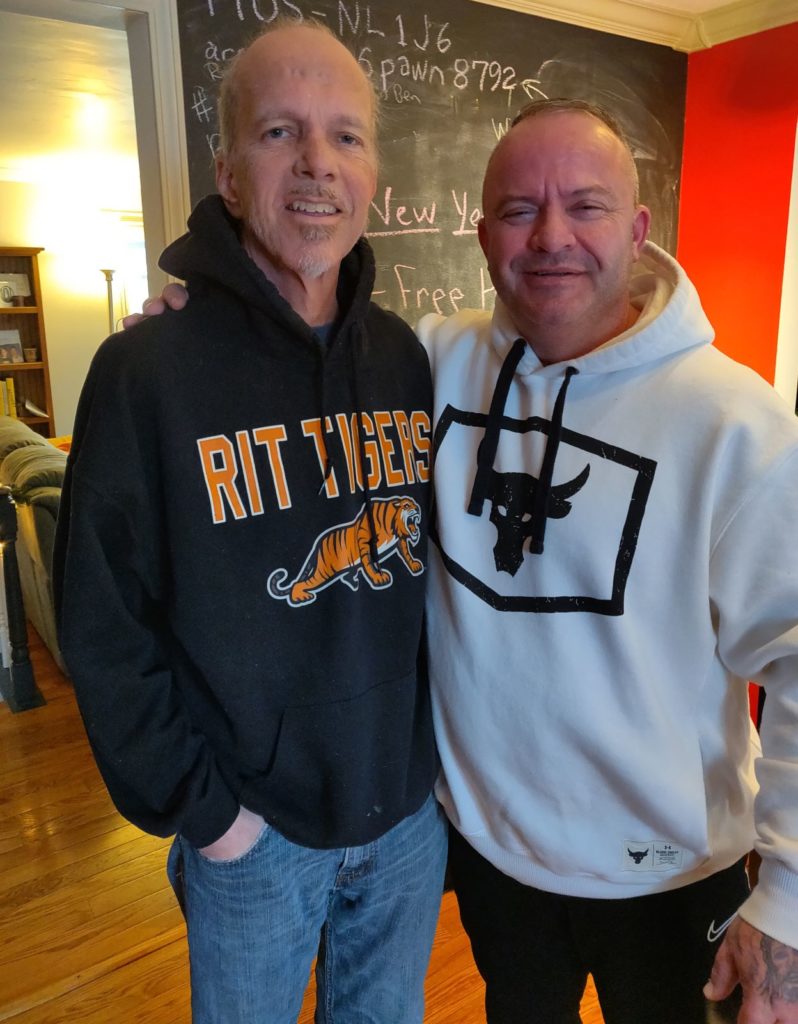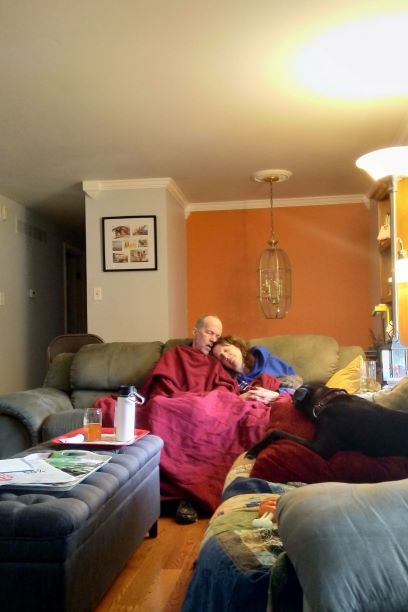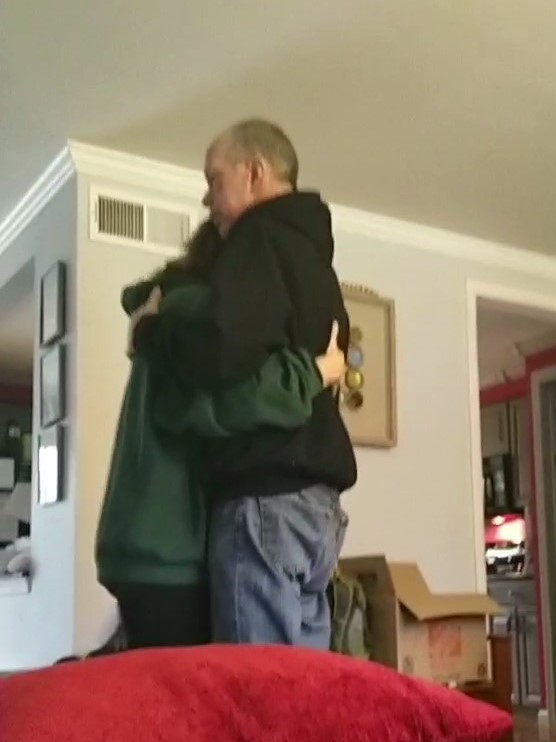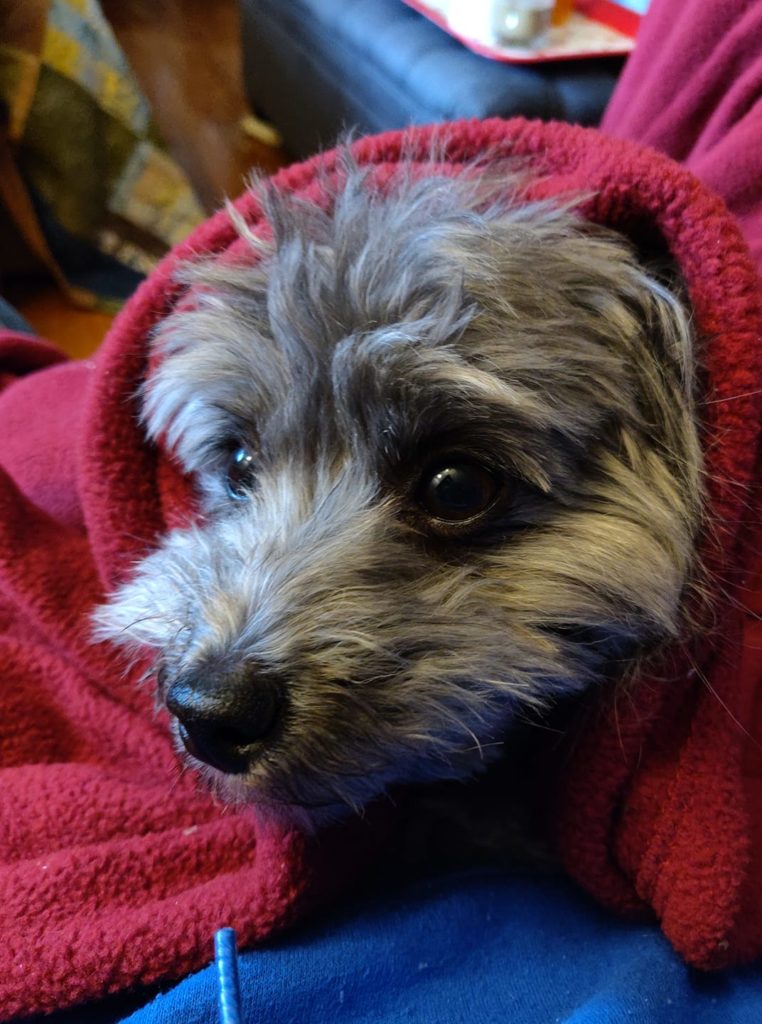Being an 8th grade science teacher is a gift to me. I teach “integrated” science, which means that I teach an integration of physical and life sciences. My favorite topic is invariably the one I am currently teaching. Chemical interactions, climate change, waves, diversity of life, genetics and heredity, bacteria and viruses, astronomy…I dive deeply into each subject, plumbing the depths to build students’ foundational knowledge, strengthen science skills, and harness the sense of wonder that can propel their passion for learning.
During the astronomy unit, I have the privilege of letting 13 and 14 year olds know exactly their place in the universe, and just how tiny that place is. Depending on who they are and where they are developmentally, my efforts to contextualize their life in the physical world either elicit a blank stare or blows their mind. There are students who can still rattle off the planets in order, having memorized it in 2nd grade. For others, finding out the sun is a star and we revolve around it is big, big news. My favorite type of reaction is the double whammy: “oh my God, wait, so, there’s HOW MANY STARS in the Milky Way?” and then five minutes later: “oh my God, wait, there’s HOW MANY GALAXIES?!” When the proverbial bell rings, they gather their things and talk wildly about the multiverse and the potential for life in space as they spill our the door.
Occassionally, there’s the kid I have to keep my eye on. The kid for whom this actually may not be thrilling news of the inspiring kind, but more of the destabilizing kind. The kid that got talked into riding the rollercoaster and has reached the top and is regretting the plunge ahead. I either hold their hand for the plunge, or carefully find ways to retreat from the line until they are more ready. Educators call this “the zone of proximal development.” If a kid is not ready, you can either back it up or stay with them to guide them through.
Space is big, and the kids have big questions. “Are black holes real?” “Is there life on other planets?” “Is the sun going to explode someday?” To help them grapple with their own big questions, I have the 8th graders interview 5th and 6th graders. What do they wonder about when they think about space? The 8th graders work in groups to research and answer one question, and then find creative ways to teach that answer to the younger students. When the questions are intimidating, giving the 8th graders some control can help them move safely in their developmental zone for learning.
One of the things I teach during the astronomy unit is what makes our planet liveable. Across my long whiteboard, I start on one end and draw the Sun. I quickly sketch the rest of our solar system, stretching to the other end of the whiteboard. I ask the girls if they know how far we’ve ever sent a person into space. I draw a tiny rocket making it to the moon. I draw the tiny unmanned spacecraft, Voyager 1, zipping alone out past our solar system, into the space between stars, dutifully sending us data until it runs out of energy. I take a blue marker and go back to Earth and draw a thin, tight circle around the outline. It’s the atmosphere, the narrow blanket of gasses that protects us, keeps us warm, and is perfectly suited for providing the conditions for life on our planet alone in our solar system. Inside the atmosphere: life. Outside the atmosphere: no life to be found, yet.
My understanding of what is happening with Mark is this: they have pushed his body to that thin blue line where the distance between life and death is smaller. They are doing this under watchful eyes, knowing that they have radiated the exact space filled with the organs that make life liveable: being able to hear, see, think, taste, feel. Pushing his other organs to their limits as they send chemo through his body to try to kill any outlier bad-guy cells in his netherlands. His heart beats quickly, his kideys work overtime to filter the toxicity. His muscles are giving up calories to run the whole show. Mark’s body is a machine that we are all working to keep operating at the peak of its limits, with the goal of making it unlivable for cancer cells and liveable for Mark.
Doctors collect data on Mark. Bloodwork tells the story of how the machine is operating. Questions answer how Mark is living in the machine. Can he walk from the car to the waiting room? Can he try drinking two Ensures a day, rather than one? Can he get dressed on his own, use the bathroom, feed himself? We watch as Mark lives in that narrow band of life. We wait to see if he can do it.



